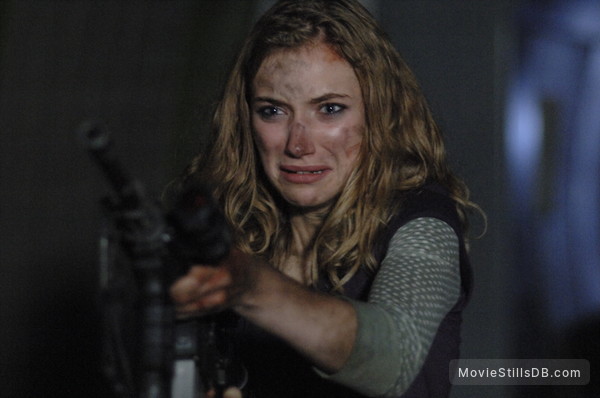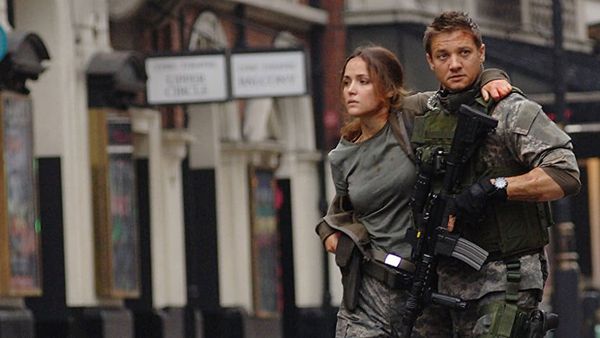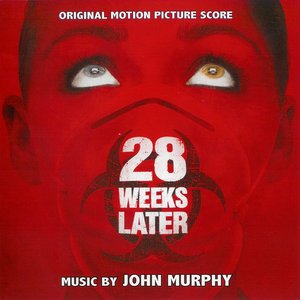



They felt that what I proposed, a narrative form that employed all the techniques of fictional art but was nevertheless When I first formed my theories concerning the nonfiction novel, many people with whom I discussed the matter were unsympathetic. I don't like it myself when I am the sitter and not the portraitist the frailty of egos!-and the more accurate the strokes, the greater the resentment. Well, even I even can understand that-because The truth seems to be that no one likes to see himself described as he is, or cares to see exactly set down what he said and did. To some degree, and often for quite trifling cause, offending him. Because it's indeed difficult to portray, in any meaningful depth, another being, his appearance, speech, mentality, without This last is certainly a factor to consider, a most oppressive and repressive one. If they feel maligned, or just contrary, or greedy, they enrich lawyers (though rarely themselves) by Why should we trouble with factual writing when we're able to invent our own stories, contrive our own characters and themes?-journalism is only literary photography, and unbecoming to the serious writer's artistic dignity.Īnother deterrent-and not the smallest-is that the reporter, unlike the fantasist, has to deal with actual people who have real names. Still, on the whole, journalism is the most underestimated, the least explored of literary mediums.īecause few first-class creative writers have ever bothered with journalism, except as a sideline, "hackwork," something to be done when the creative spirit is lacking, or as a means of making money quickly. Shown the possibilities of narrative reportage and Miss Ross, in her brilliant "Picture," achieved at least a nonfiction novella. Several admirable reporters-Rebecca West for one, and Joseph Mitchell and Lillian Ross-have

It seemed to me that journalism, reportage, could be forced to yield a serious new art form: the "nonfiction novel," as I thought of it. The decision was based on a theory I've harbored since I first began to write professionally, which is well over 20 years ago. Of material-that is, choosing to write a true account of an actual murder case-was altogether literary. Still, it is a layman's knowledge and I don't pretend to anything deeper. During the last years I've learned a good deal about crime, and the origins of the homicidal mentality. Why did you select this particular subject matter of murder had you previously been In the following interview, doneĪ few weeks ago, Truman Capote presents his own views on the case, its principals, and in particular he discusses the new literary art form which he calls the nonfiction novel. The Story Behind a Nonfiction Novel By GEORGE PLIMPTON n Cold Blood" is remarkable for its objectivity-nowhere, despite his involvement, does the author intrude.


 0 kommentar(er)
0 kommentar(er)
